|
I recently did an author interview over at The Historical Fiction Company, which was great fun. I thought I'd republish it here, in order to add all the extra photos and titbits that would make it even more fun. So, here we go... Question: What literary pilgrimages have you gone on?I give you, The Great Hittite Trail! This was our last jaunt abroad before the pandemic hit. What an epic overland adventure it was, taking in Istanbul, Ankara, Erzurum, Tbilisi and more. This took us right through the spine of what was, 3,000 years ago, the heart of the Hittite Empire, and really grounded me for my Hittite series Empires of Bronze. A few years before that, I hired a car in Istanbul and ventured northwest towards the Turkish-Bulgarian border, in search of the site of the famous Battle of Adrianople – crucial to my Legionary series. Question: Tell us the best writing tip you can think of, something that helps you.“The first draft of everything is shit”, is a quote attributed to Ernest Hemingway. I can confirm that my first drafts certainly are 😊 But that’s the point – they give you something to work with and make better. Just as Michelangelo needed a brutish block of marble in order to create David! “The first draft of everything is shit.” I now refer to my first drafts as “The vomit draft”. Just let it all come out onto the page, rattle on through it, don’t get sidelined by intricate historical detail (just leave a comment or highlight at that point and you can come back to it later). So that’s my tip: vomit! Question: What are common traps for aspiring writers? Advice for young writers starting out.Overreaching is one common pitfall. You don’t need to start with a Great American Novel. Start bite-sized, with flash fiction (just a paragraph or a page in length). It is a rapid and very powerful way to understand and tame the raw emotions that come out when you first try to write. Question: If you could tell your younger writing self anything, what would it be? Be yourself. In the early days, I tried too hard to imitate the authors I liked. It was fun, but it wasn’t authentic. My wife (chief editor!) showed me this, and it changed entirely how I approached things. I am still definitely influenced by other authors, but I always tell my stories my way. Question: What other authors are you friends with, and how do they help you become a better writer?Writing is such a solitary profession that friends become essential. I’ve met too many wonderful, supportive people to mention them all here, but take a look on my Facebook author page where I run weekly charity auctions (for signed rare editions of historical fiction novels) – just about everybody in the HistFic community has helped me out with this, and that is simply awesome! If any authors out there would like to feature their work in my auctions, just drop me a line! Specifically though, I have to shout out to my pal Simon Turney. We met in the mid 2000s when we were both trying to get started with our writing careers. We have been critiquing each other’s stuff and bouncing ideas between each other… as well as drinking a fair few pubs dry, ever since. The high point of the friendship – so far – has to be our recently-released trilogy Rise of Emperors where we tell the story of Constantine the Great’s Rise to power and his famous battles with his mighty rival, Maxentius. Question: How did publishing your first book change your process of writing?I was overwhelmed (in a positive way) by the amount of kind words coming in from readers of my first novel Legionary, and the same question always followed: ‘when is book 2 coming out?’ It was at this point that I realised I was at least passable as a writer. It made me realise that I couldn’t rely on the trial and error approach that I took with Legionary – the writing, redrafting, experimenting of which took nearly 5 years! Thus, I tried to avoid the things that sapped precious time from my writing sessions (I was still working full time at this point, so this meant evenings and weekends were all I had to write my stories). I set up a proper project workspace on my PC, consolidated my research into quick-reference documents, and planned out the rest of the series, so I was marching as opposed to wandering. Question: What was the best money you ever spent as a writer?Easy: Pro cover design. This is hardly a new piece of advice, but it is a brilliant one. I launched Legionary with my own, hand-rolled cover, which was… er… a valiant effort. But by paying a few hundred pounds to a pro designer, I tripled my sales overnight, and the Legionary series really kicked on from there. Check out the before and after: Question: What was an early experience where you learned that language had power?I learned this from reading. I recall vividly and with great pleasure (absurd, given the circumstances) the few weeks of my childhood when I was off sick from school with chicken pox. I spent that time in bed, ploughing through the Chronicles of Narnia. I had never experienced such magic. This inspired me to try writing my own stories, and I quickly realised that the pen was equivalent to the wand, and the writer to the magician. Question: What’s the best way to market your books?I’m still working on that, to be honest! For the first few years of my writing career, I did very little marketing. Maybe an email to my subscriber list on launch day, and a post across the usual social media suspects. It’s only in recent times when competition is fierce and widespread that I’ve realised I need to train myself in a little more active marketing. I’m currently working on Amazon and Facebook ads. Quite daunting at first, but as always it’s enjoyable when you feel yourself gliding up the learning curve. Question: What kind of research do you do, and how long do you spend researching before beginning a book?I’m primarily an armchair researcher. Give me my writing room sofa, a cup of coffee, my Kindle, a pile of books and my cat and I’m happy as larry. But… you simply can’t beat a research jaunt! As per my link, above, I took a trip across central and eastern turkey and up through the Caucasus Mountains and through Georgia as part of my research for my Hittite Empire series ‘Empires of Bronze’. This was utterly unforgettable. Meeting locals, playing with the kids in the villages near the ruins of Hattusa (the old Hittite capital in central Turkey), smoking shisha pipes and drinking beer beside the ruins of the Byzantine Emperor’s palace in Istanbul… I’m sighing fondly as I write this. How long do I spend? It depends. For the first book in a series I tend to set aside a few months to really immerse myself in the period. And that usually follows several years of on/off casual research to see if it’s the project for me. For subsequent books in a series, it requires a bit less research time – it’s more slipping into a familiar pair of boots. Question: Have you read anything that made you think differently about fiction?Albert Camus once said “People can think only in images. If you want to be a philosopher, write novels.” I realised the truth of this around the time of completing my first book. Deeply personal things were coming out in the story, sometimes as metaphors, sometimes directly. It wasn’t all about marching, war and adventure. It was about questioning life’s paradoxes, about understanding the flawed, nuance nature of people. I’m quite into Stoicism these days, and that tends to come through in my more recent books. “People can think only in images. If you want to be a philosopher, write novels.” Question: What are the ethics of writing about historical figures?
Question: Do you read your book reviews? How do you deal with bad or good ones?Course I do! Anyone who says they don’t is fibbing 😊 I’m human, so initially, the good ones made me ecstatic and the bad ones made me grumble. More recently – taking the Stoic approach – I just let it all glide past me. You can’t please everyone all of the time, and you’d be a fool to try. Question: What is the most difficult part of your artistic process?I wouldn’t say the most difficult… but maybe the most ethereal part of it is the development of themes and characters. I can, and always do, sketch these things out as part of my planning. A character sheet for every protagonist, a list of themes and how they might tie in with the plot. But it never, ever pans out that way. The characters emerge in their true form during the writing, not before. The real themes smack you right in the face and make you realise that they’ve probably been lurking in your sub-conscious for an age. For example, while writing my sixth Empires of Bronze novel recently, I found myself describing a dangerous wave of populism sweeping like wildfire across ancient Anatolia. It’s not surprising that this came through really, given the way the modern world has gone in the last decade. Question: What is your favourite line or passage from your own book?‘The End’… ...only kidding 😊 There’s always a ‘shiver’ line in each book. Some of them don’t stand the test of time, however. Here’s one I like from my most recent volume Empires of Bronze: The Shadow of Troy. The Greek hero Achilles, having just slain Prince Hektor in revenge for the killing of his close companion, Patroklos, has stripped the dead Trojan prince naked and tied him by the ankles to the back of his chariot. He then proceeds to race up and down before Troy’s walls – atop which Hektor’s distraught family stand, watching on – dragging the corpse in his wake. I have Hattu – King of the Hittites – intercept Achilles at a blind spot. He tries to persuade Achilles to end the gruesome parade with the following line: “That is but a rotting shell you drag behind your war-car. You can pull it around all day, but it will never blush or weep or beg for mercy. The only man I see suffering here is you, Achilles.” Question: What was your hardest scene to write?The death of one of the key players in the Legionary series cut me to my marrow. I won’t give away names in case anyone wants to read it without spoilers, but this guy was the father figure in the series. I had a complex relationship with my own father, and only recently lost him. There was a lot of me and him in that writing. Question: Finally, tell us your favourite quote and how the quote tells us something about you.Sometimes I need something to ground me, to keep me calm. This, from my literary hero David Gemmell, works every time: 'All things in the world are created for Man, yet all have two purposes. The waters run that we might drink of them, but they are also symbols of the futility of Man. They reflect our lives in rushing beauty, birthed in the purity of mountains. As babes they babble and run, gushing and growing as they mature into strong young rivers. Then they widen and slow until at last they meander, like old men, to join with the sea. And like the souls of men in the Nethervoid, they mix and mingle until the sun lifts them again as raindrops to fall upon the mountains.' So there you go - hope you enjoyed the Q&A! 😊
0 Comments
|
AuthorGordon Doherty: writer, history fan, explorer. My Latest BookArchives
March 2023
Categories |
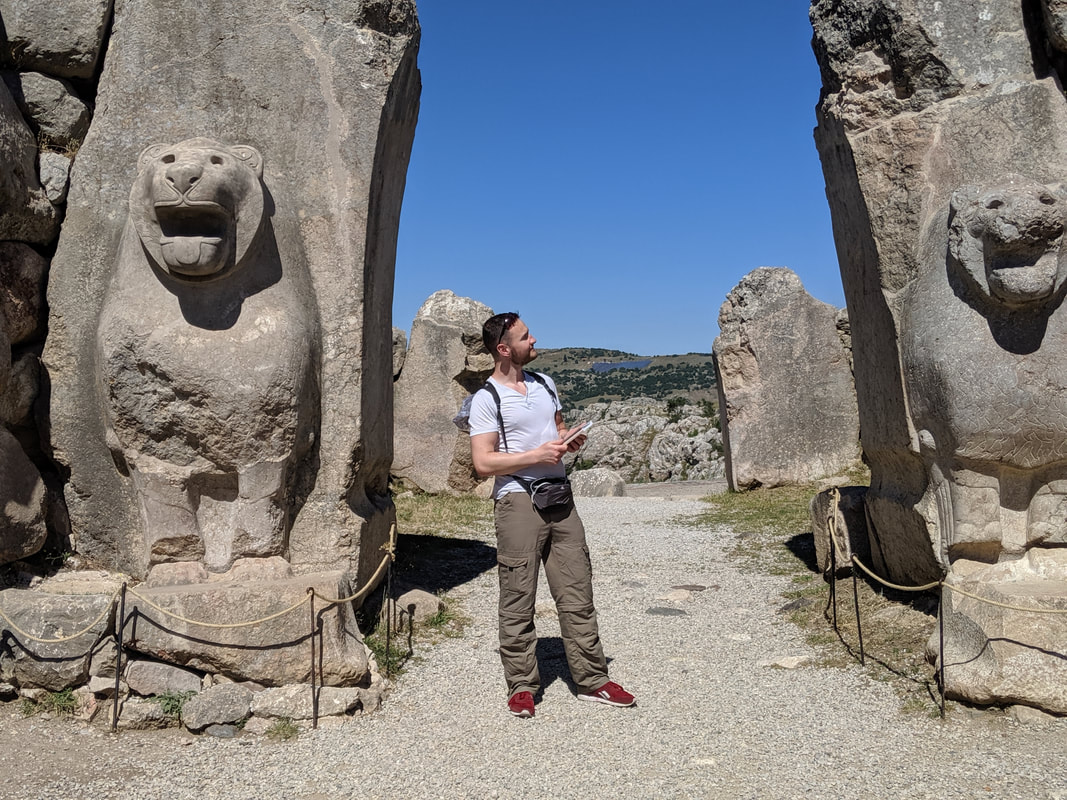
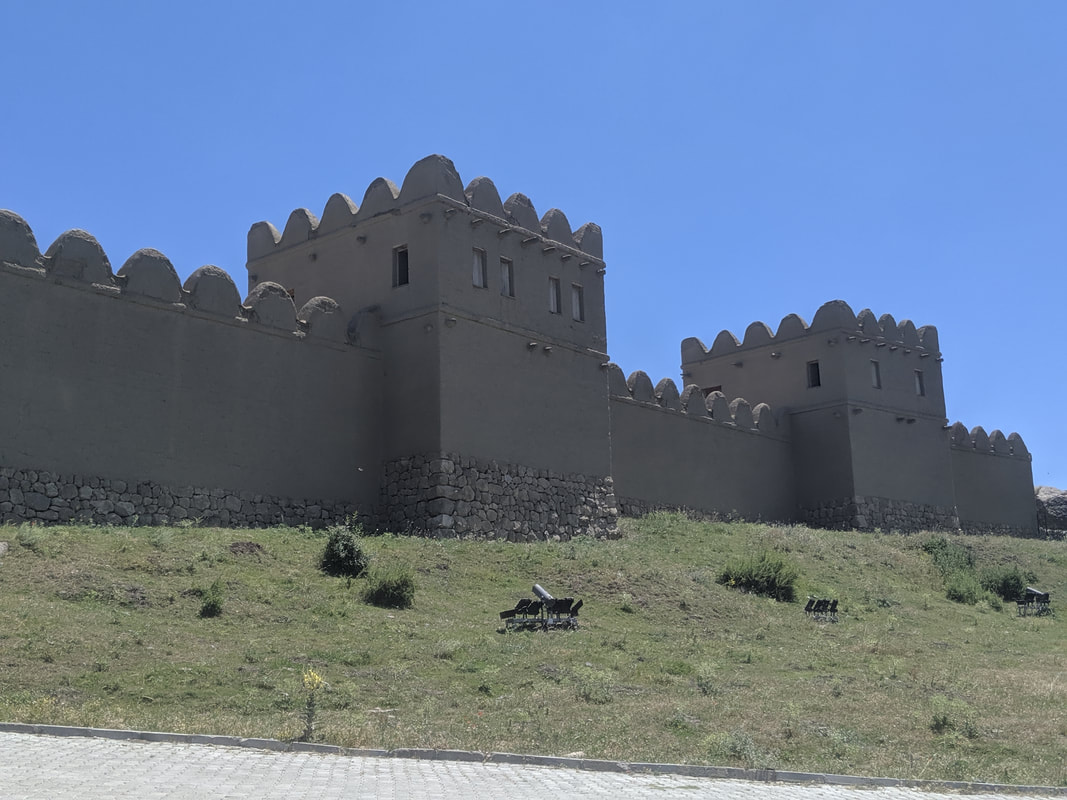
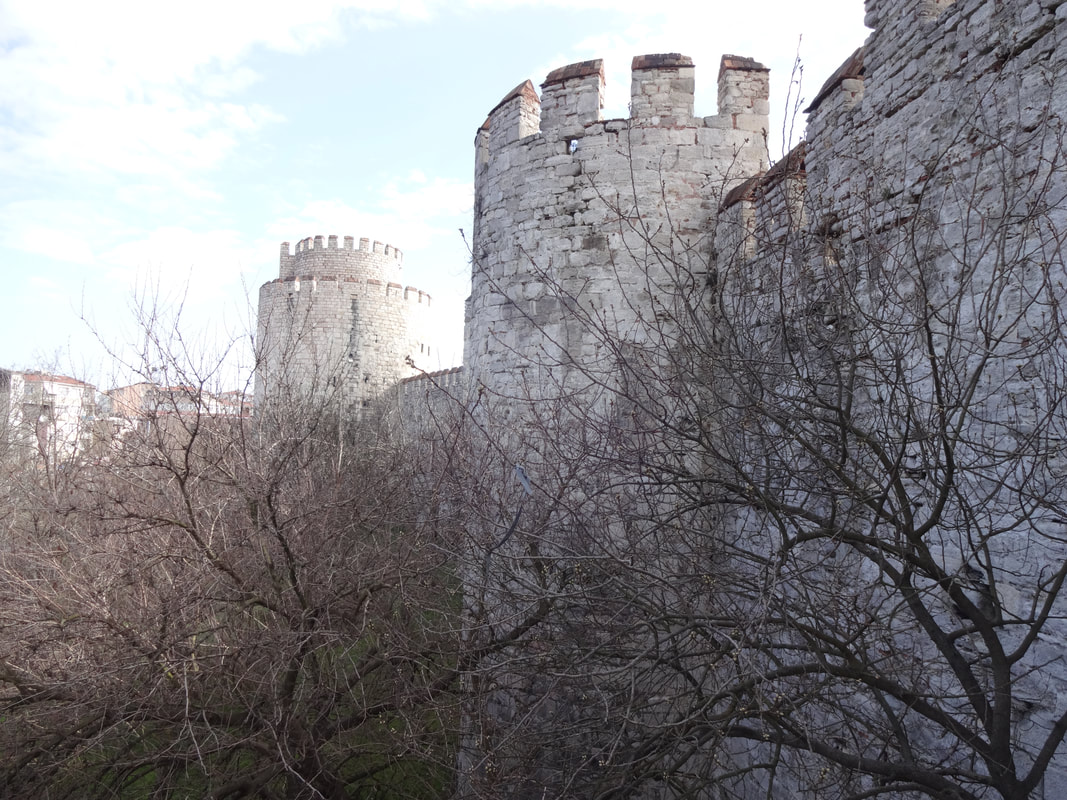
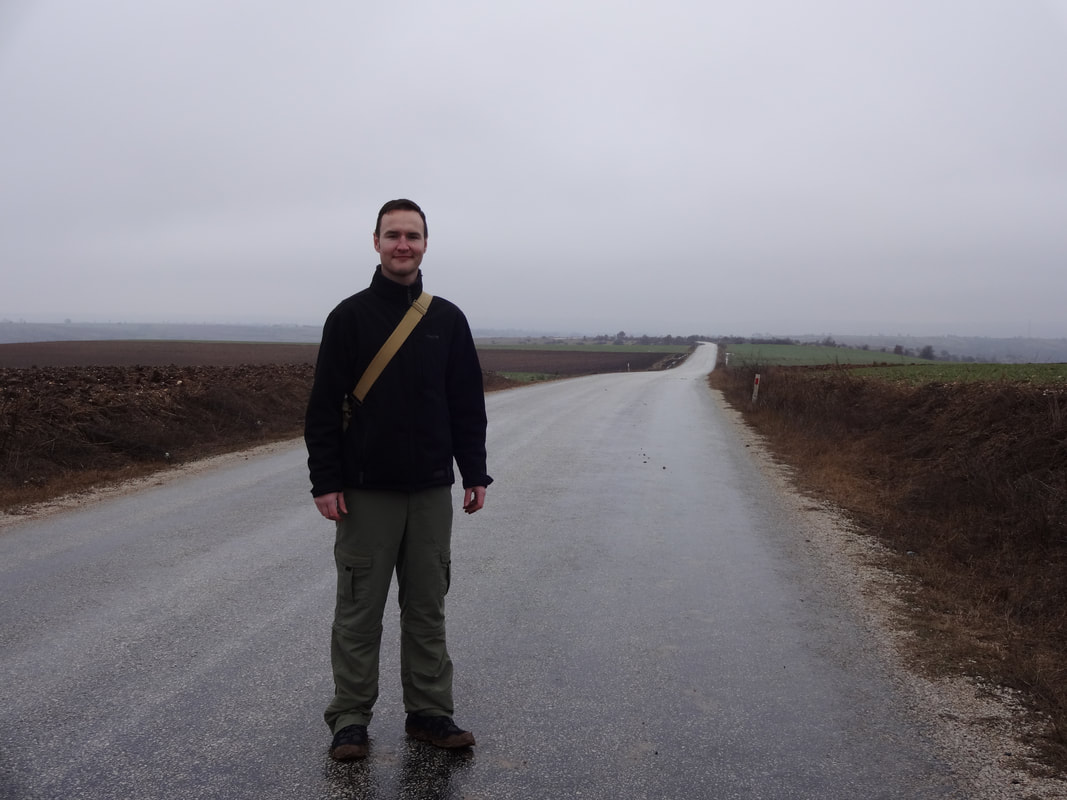
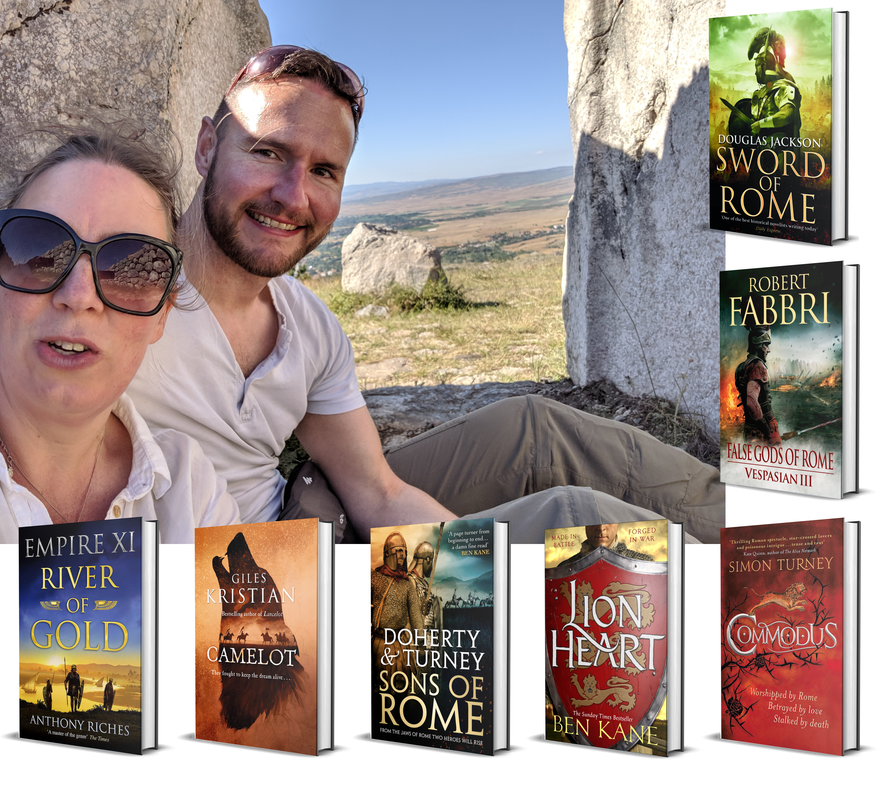
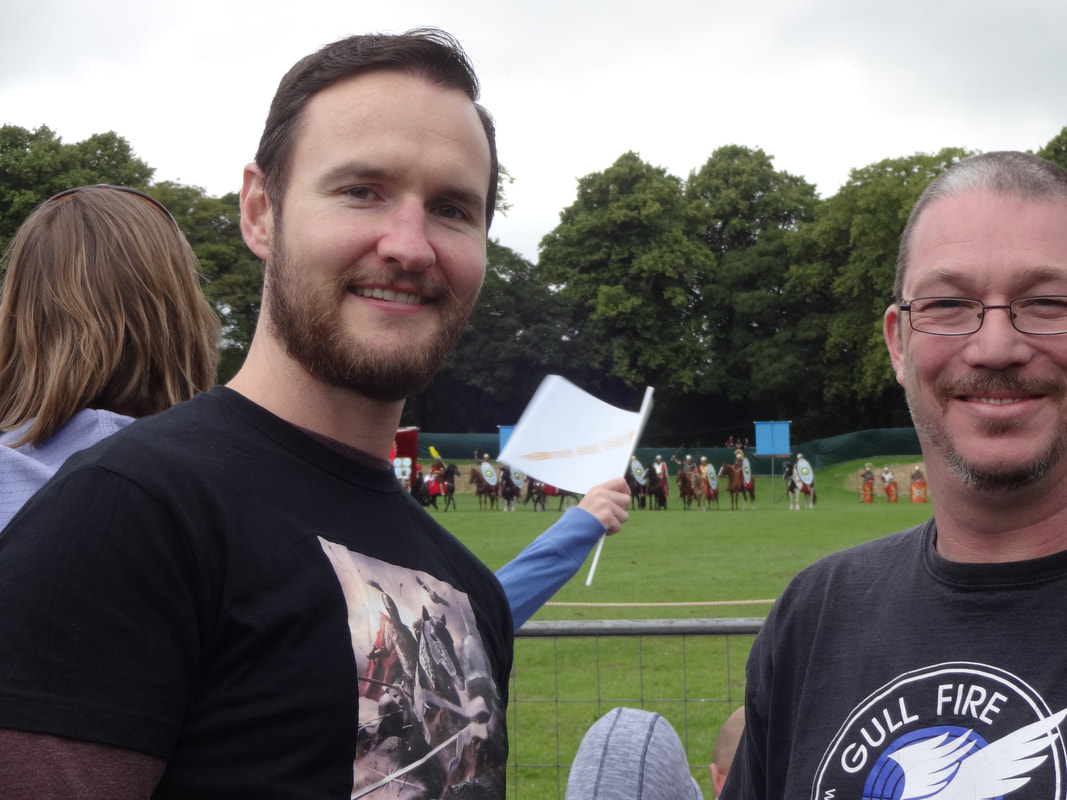
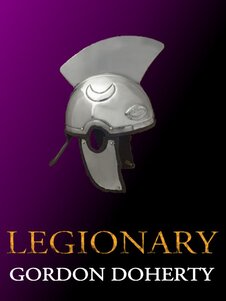
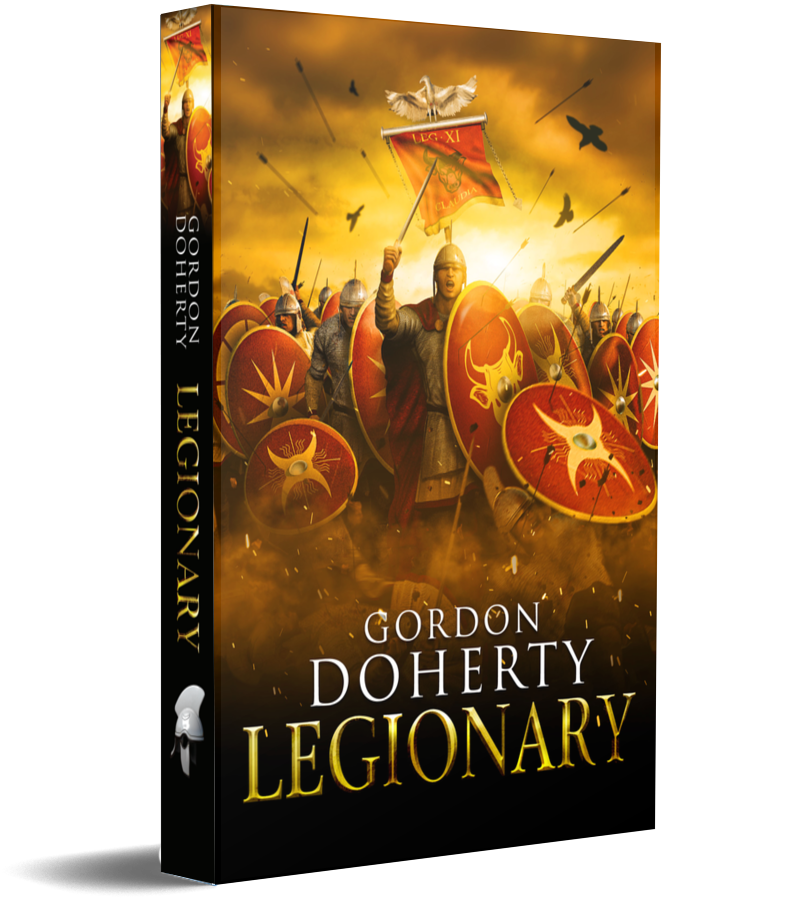

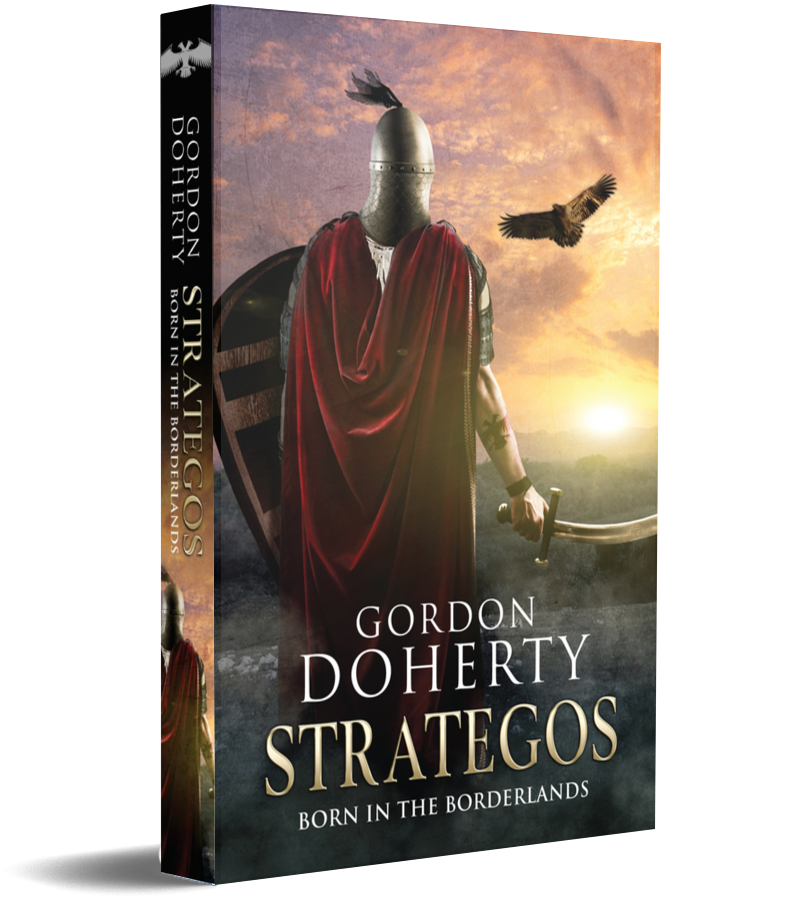
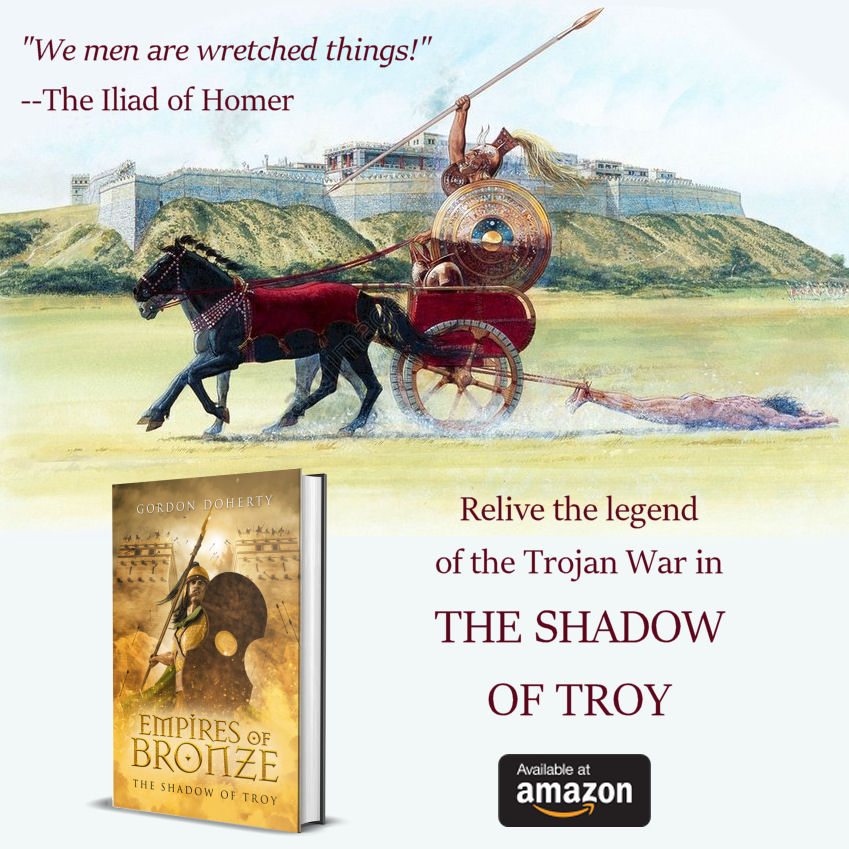
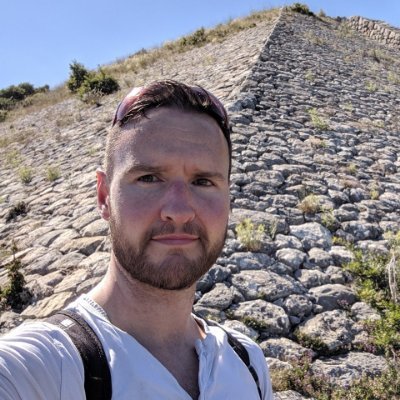
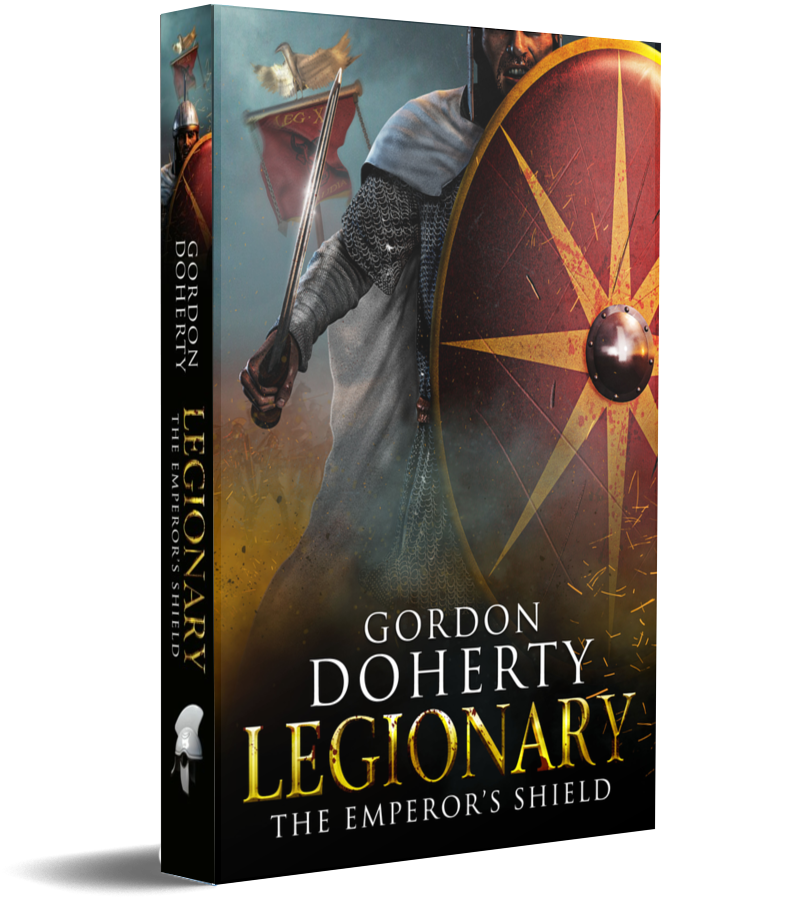
 RSS Feed
RSS Feed